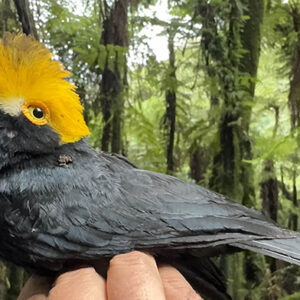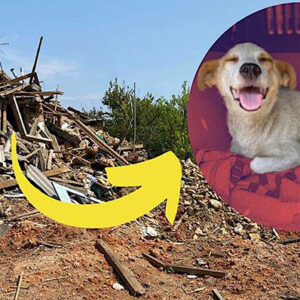
In Singapore, the presence of cats in government housing has long been a contentious issue, with stringent regulations and even outright bans in place for many years. However, recent changes have heralded a more compassionate approach toward these beloved feline companions.
Recognizing the importance of cats in the lives of their residents, authorities have begun to implement policies aimed at accommodating these animals, fostering a more harmonious coexistence between humans and their furry counterparts.
This shift reflects a growing understanding of the significant benefits that cats bring to individuals and communities, marking a positive turn in the treatment of these once-maligned creatures within Singaporean society.
Hence, the country has recently made the groundbreaking decision to revoke a long-standing prohibition on cat ownership within government housing, a policy that has been in place for three decades. This move is significant considering that approximately 80% of Singapore’s 3.6 million residents reside in government housing.
Singapore is renowned for its picturesque landscapes, amicable atmosphere, and structured society, emblematic of a harmonious, egalitarian, and market-driven community. However, the government has historically enforced stringent measures to uphold this image, resulting in the outlawing of seemingly ordinary activities such as chewing gum and owning cats.
Interestingly, while cats were deemed prohibited under the government housing program for the past 30 years, dogs were not subjected to the same restriction. Consequently, many members of the populace perceive the lifting of the ban on cat ownership as a measure of equitable treatment for pet owners within the community.
“Cats are so much quieter than dogs. If they allow dogs, I don’t understand why not cats,” said Sunny, a 30-year-old Singaporean. Sunny has had to secretly keep a pet cat while living in a government-built high rise.
Sunny, a typical resident of government-owned high rises like many young individuals, expressed to the Taipei Timesthat despite the lax enforcement of laws prohibiting cats, the very illegality of owning one in her residence poses significant challenges. She elaborated that this legal status prevents her from accessing pet insurance and certain essential veterinary services.
Moreover, Sunny highlighted a significant concern: the absence of legal ownership documentation for her cat, Mooncake. In the unfortunate event that Mooncake were to go missing and be picked up by animal control, Sunny would lack any means to demonstrate her rightful ownership. This underscores the practical difficulties and uncertainties faced by pet owners residing in such housing complexes.
More Good News for Felines
The recent change in legislation appears to have been influenced by a survey conducted among residents of government housing, as reported by The Times. According to the survey results, a staggering 90% of respondents expressed the view that cats are excellent companions, posing no disruption to their living environments. This overwhelming endorsement likely played a pivotal role in prompting policymakers to reconsider their stance on pet ownership regulations.
“I think it’s a good thing and it’s a step forward after 30 years,” Sunny said.
It will indeed pique curiosity to observe the emergence of formerly hidden felines. This phenomenon promises to provide valuable insights, particularly for government officials keen on gauging the adherence to regulations amidst relaxed enforcement measures.
What are your thoughts? Please comment below and share this news!
True Activist / Report a typo


